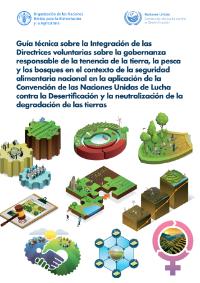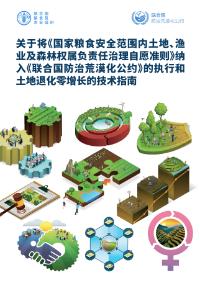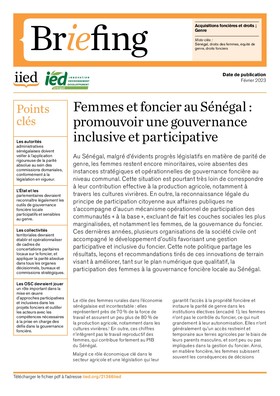Les conditions d’intégration d’un accompagnement aux communs dans les politiques publiques : le cas du contexte agrosylvopastoral du Sahel (vallée du fleuve Sénégal)
Les perturbations climatiques, l’évolution démographique et les sécheresses des dernières décennies, ont contribué à une rupture d’équilibre entre les systèmes de production pastorale et agricole, au détriment des pasteurs.












